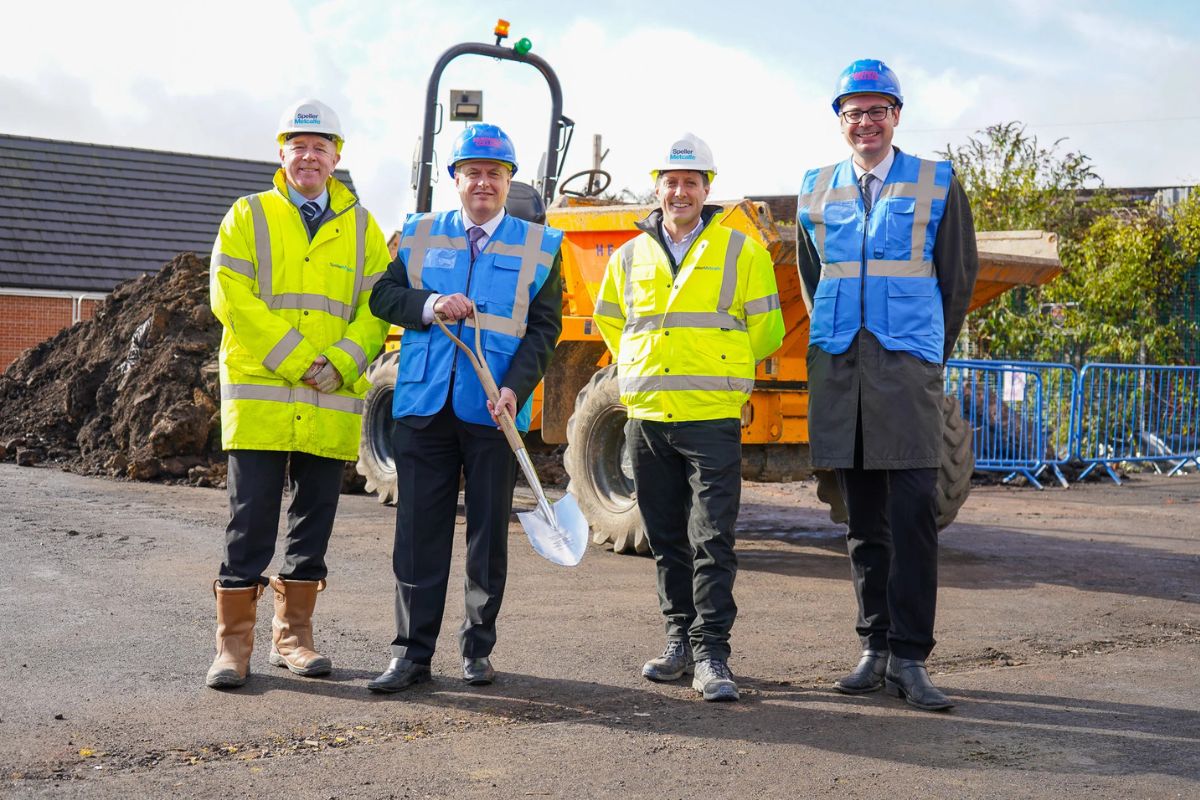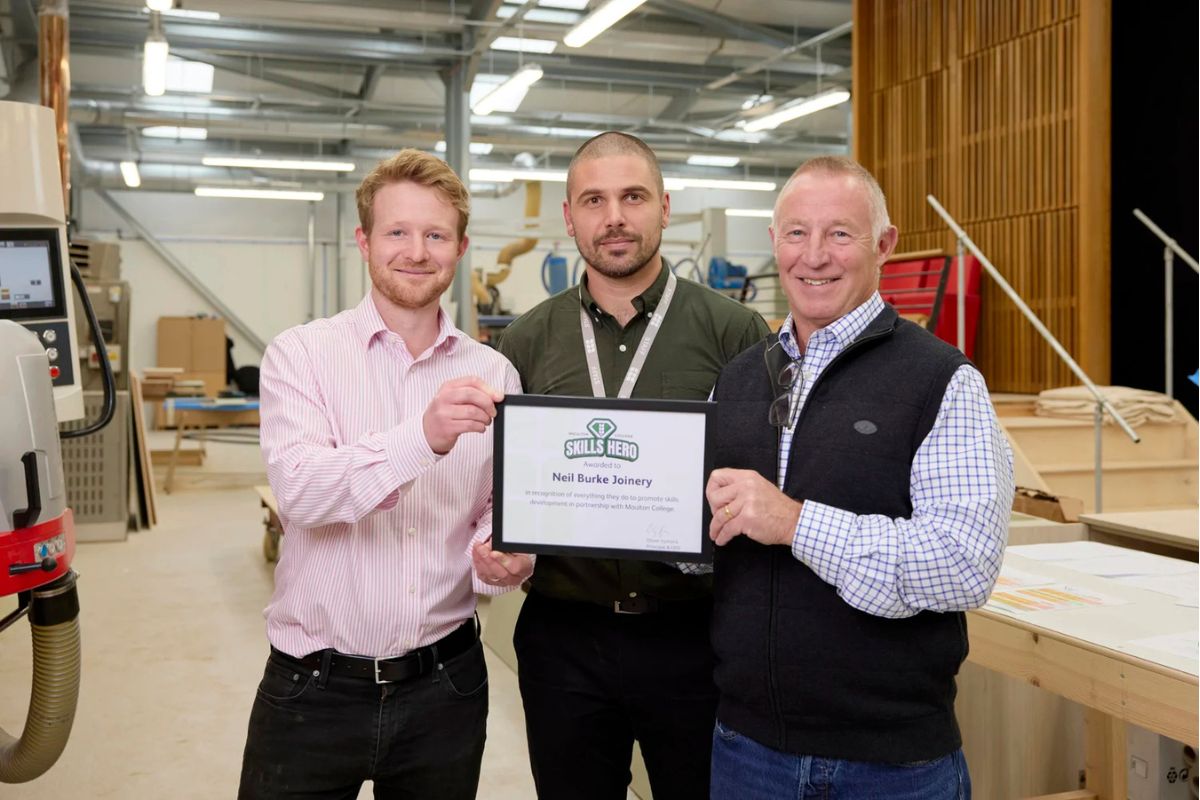Connectivity and skills are the answer to education’s digital divide

The pandemic highlighted the digital divide that exists in society, and post-pandemic, many classrooms have become more digital. This meant pupils without access to the necessary technology, poor connectivity or inappropriate technology tools struggled to keep up with their peers. So, what can be done to help?
In the past, classrooms have been great equalisers. Everyone had a similar experience, varying by personality and unique characteristics – something teachers are well versed with navigating and accommodating.
The pandemic completely changed this, as many schools had to operate remotely for the first time. This really shone a light on the digital divide that exists within society, as pupils without access to the necessary technology struggled to keep up with their peers.
Post-pandemic, many classrooms are far more digital than before, and hybrid teaching has become very common. This opens up the potential for a new digital divide to take place: students and schools with poor connectivity or inappropriate technology tools will suffer and may achieve poorer outcomes. In fact, our recent research found that only 20% of schools in Europe provide high-quality digital infrastructure.
This is simply unsustainable. Every student, teacher and educational institution has the potential to make amazing things happen. But it’s hard to make progress when teachers are dealing with daily classroom issues: technology that doesn’t work the way they need it to, combined with squeezed time and resources.
Connectivity as the lynchpin
It’s therefore no wonder that governments have big plans to invest in connectivity in the education sector. The EU’s Digital Education Action Plan lists connectivity and digital equipment for education and training as one of its key action points, alongside providing common guidelines for teachers and educators to foster digital literacy and tackle disinformation through education and training.
Governments must work with technology providers to continue to close the connectivity and technology gap that exists in the sector, enabling educators around the world to focus on providing cutting edge education experiences to learners, regardless of the environment they’re in.
Vodafone Business Ventures is at the heart of making this happen. During the pandemic, we helped schools across Europe to adapt and continue providing their students with an interactive education experience. For example, in Germany we provided the Senate Department for Education, Youth and Family in Berlin with 5,000 4G routers that provided around 360,000 students across 640 schools access to a better internet connection. While in Romania we delivered over 100,000 tablets to schools across the country, giving as many students as possible the chance to continue their education online.
Without reliable and secure high speed and high bandwidth connectivity, we run the risk of creating a two-speed system for students, with haves and have nots. Instead, ubiquitous access to high speed, secure internet and improved connectivity means that the great minds of tomorrow can start being developed today to foster a society where everyone can reach their full potential.
Arming teachers with the skills they need
Connectivity plays a vital role in the future of education, but we must also ensure that teachers are equipped to deliver on this digital future. Most European teachers have a positive mindset towards the use of digital technology in the classroom, with 85% believing it makes possible new kinds of tasks and materials that were previously unimaginable. However, 20% of teachers across Europe state they have little or no experience using digital technology for teaching and nearly half of all teachers surveyed (48%) feel an increased amount of stress due to the lack of integration of digital technology in their teaching.
These teachers and faculty members need to have access to information that makes it easier for them to continue to develop their own knowledge of teaching methods. Upskilling and transforming teaching practices isn’t easy and needs to be supported with the appropriate investment, time and tools.
By getting it right, we can ensure teachers are able to focus on creating hybrid, creative teaching plans that resonate with digital native students, safe in the knowledge that they can turn to technical experts to ensure they can deliver those experiences in a smooth way. This allows teachers to offer the educational experiences today’s students need to join the workplaces of tomorrow, while access to learning materials keeps teachers abreast of any new development both in the classroom and in the business world, so they can evolve their teaching methods to match the skills students will need in the future.
By improving the connectivity and digital skills of the education sector, we can enable teachers to get back to doing what they do best: teaching. Governments and businesses must work together to transform education to suit the needs of the leaders of tomorrow.
By Amit Chakrabarti, Head of Vodafone Business Ventures











Responses